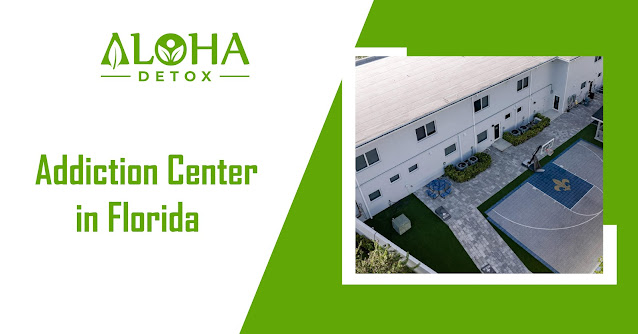Alcohol Culture : An Overlooked Threat To Our Society
Alcohol has long been related to toil, particularly physical labor. It is believed the beer was originally given out as rations to workers in Ancient Middle Eastern civilizations, establishing the lasting cultural connection between beer drinking and labor. Today, many workers may be fascinated by drinking after work. Statistics confirm that heavy drinking after work is a thriving problem for many professionals. One out of three miners reports joining in heavy drinking. One out of five construction workers engage in heavy drinking on a monthly basis. Over ten per cent of those works in hospitality or the food industry reported engaging in heavy post-work drinking.
Every year in the United States, more than 88,000 people die from alcohol-related reasons, making it the third leading preventable cause of casualties in our country. The first is tobacco, and the second is poor diet and physical inactivity. Alcohol abuse costs the United States about $249 billion a year.
In the United States, almost 14.8 million people had alcohol use disorder in 2018. More than 10 per cent of U.S. teenagers live with a parent with alcohol problems, according to a 2017 survey. Globally, alcohol misuse is the seventh dominating risk factor for premature death and disability.
Alcoholism doesn’t just dominate the working class. Those in the professional class also battle with substance abuse, probably fueled by after-work drinking. Those with professions such as office workers, attorneys, physicians, accountants, and administrators, may also find themselves struggling to regulate their drinking habits. For example, 20 per cent of lawyers struggle with heavy alcohol use. Additionally, nearly 15 per cent of healthcare consultants struggle with alcohol abuse.
Controlling your alcohol consumption regardless of what career you have, there are measures you can take to regulate your after-work drinking. One of the decent ways is simply to restrict the number of drinks you have. You can get help from apps designed to help you keep records of how much alcohol you’ve had. While there can be peer pressure to drink from your colleagues, it’s important to recognize that drinking is not needed. Opting to have some sparkling water or a soda can be viable options. Further, your supervisor will likely appreciate a commitment to professionalism, even when with colleagues after hours.
You can also suggest sober entertainments to your company’s HR office. Post-work drinking can be nurtured by company culture. Sober team-building activities that give fun experiences can often be proven more useful than spending a few hours at a bar with colleagues. Indoor sports such as bowling, basketball, PlayStation, or dinner shows can be great sober workouts to help create a worthy relationship with your colleagues.


Comments
Post a Comment